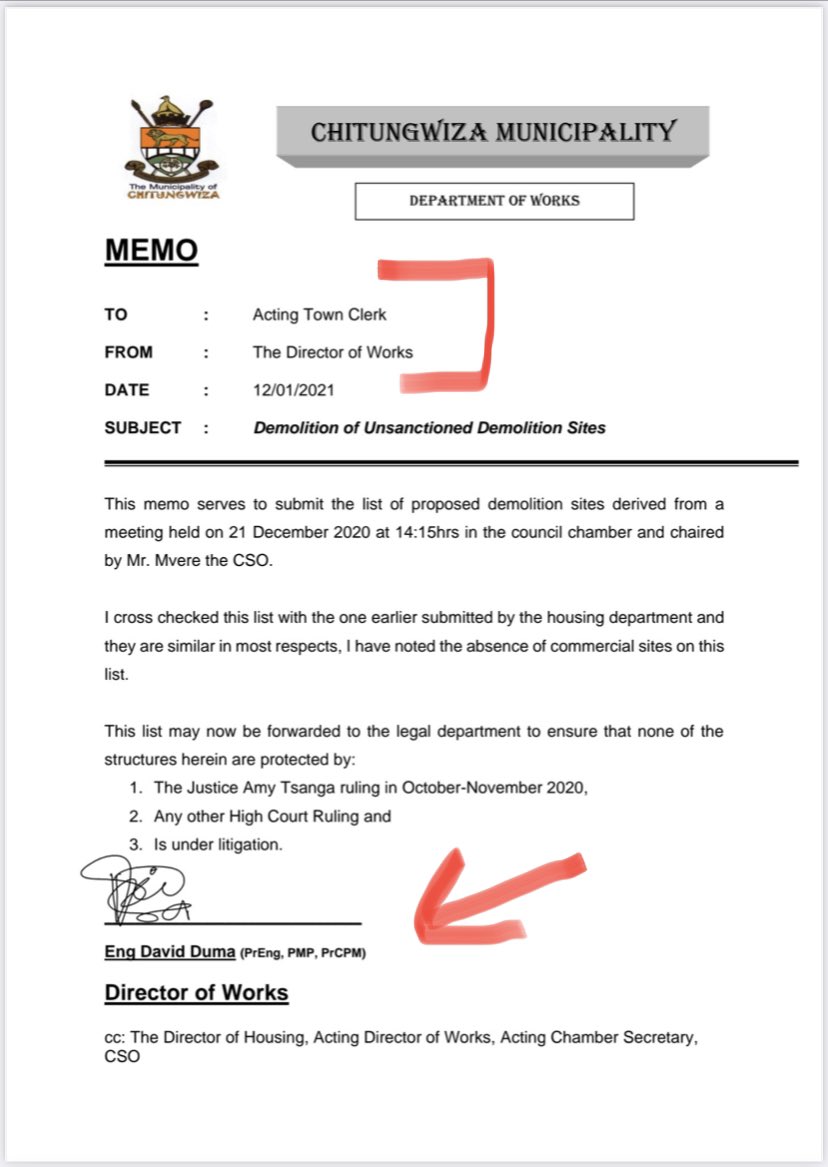
Groupthink - a thread
1. Imagine where you are in a group & someone asks what is 3 + 3? You know the answer is 6. But everyone in the group says it’s 7. You know they are wrong, but you go along with them anyway. You’re doing something that’s wrong for the sake of conformity.
1. Imagine where you are in a group & someone asks what is 3 + 3? You know the answer is 6. But everyone in the group says it’s 7. You know they are wrong, but you go along with them anyway. You’re doing something that’s wrong for the sake of conformity.
2. If you are in that situation, and many of us have been in such situations, you are a victim of Groupthink. This is a way of thinking whereby an individual member of a group sacrifices his viewpoint in favour of what he/she perceives to be the consensus of the group.
3. The theory was first coined by social psychologist, Irving Janis in 1972. It helps to examine why even intelligent people in a group end up making wrong, even calamitous decisions when they knew or should have known better. They put aside their beliefs, in favour of the group.
4. The trouble with Groupthink is that it shuts off alternative ways of looking at issues and decision-making. The louder or more powerful ones set the tone & the rest are forced by social pressures to conform even if they have better ideas.
5. Janis pointed out several signs of Groupthink. They include self-censorship: even when they know better, members keep quiet & follow the group. They cannot even bring themselves to accept that the leader is wrong. They have an illusion that the group can’t be wrong.
6. Another is the presence of so-called “mind guards”. Their role is to police the boundaries of the group, stamping down on dissent & killing off alternatives. They vehemently defend what the leader and his/her associates say, for that sets the tone for the whole group.
7. Groups that are susceptible to Groupthink tend to have a powerful and charismatic leader. In such groups, the leader holds a strong moral & authoritative position. It is taboo to say he/she is wrong. He/she speaks and everyone follows because they can’t possibly be wrong.
8. Problem is that Groupthink often leads to poor decision-making because there is no room for or tolerance for dissent. The individual’s faculty of critical thinking is sacrificed for Groupthink. Even if one knows this is wrong, they just go along with it anyway, for the group
9. One solution is to encourage critical thinking and independence of thought. Individuals must unlearn Groupthink. They must escape the shackles of conforming when they know that the group or the leader is wrong. This is not easy especially in a cultic environment.
10. Critical thinking means questioning things; going beyond the surface. Question the assumptions or evidence upon which assertions are made. Consider the evidence & ask if it adds up. Ask if the speaker has the expertise & if what they are saying makes any logical sense.
11. As I said, we are all victims of Groupthink at one point or another, so this is not to mock. It simply requests us to be more aware of this phenomenon and how it affects us. When we do that we will be able to confront the great questions of the day & make informed decisions.
12. There has been a lot of Groupthink in this time of the pandemic. It’s good for people to question things, to be critical, but it’s also important to be responsible, to present evidence-based arguments especially for those who are in positions of power. Or we risk more harm.
• • •
Missing some Tweet in this thread? You can try to
force a refresh










